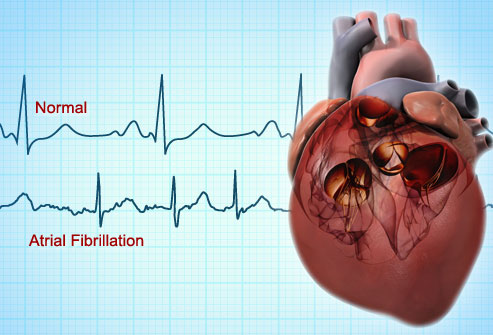Palpitations, arrhythmia, atrial fibrillation – how the right magnesium makes a difference.
Atrial Fibrillation, an electrical disruption of the rhythm of the heart, is occurring in epidemic proportions. Medicine says there is no cure and only offers drugs and surgery for the symptoms. Because of my own heart palpitations, I searched for an effective treatment for many years. That treatment I found is based on the right kind of magnesium – one that doesn’t give you a laxative effect – well-absorbed multiple minerals and proper hydration with water and sea salt or Himalayan salt. Giving your heart the necessary minerals overcomes the electrical disruption and balances your heart rhythm. Atrial Fibrillation: Remineralize Your Heart walks you through the possible triggers for this condition and uncovers their basis in magnesium deficiency. Numerous case histories help you realize that you don’t necessarily have a heart condition, you have a magnesium deficiency condition that can be treated.
Dr Carolyn Dean’s new book ‘Atrial Fibrillation’ is available now to download on your kindle.

Share:
Ignorance and Neglect
Restless Leg Syndrome Treatment